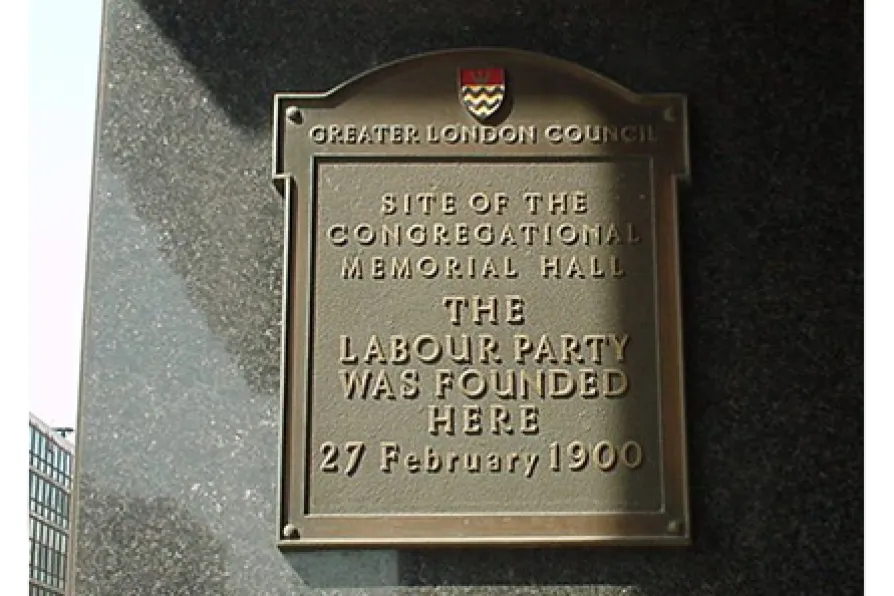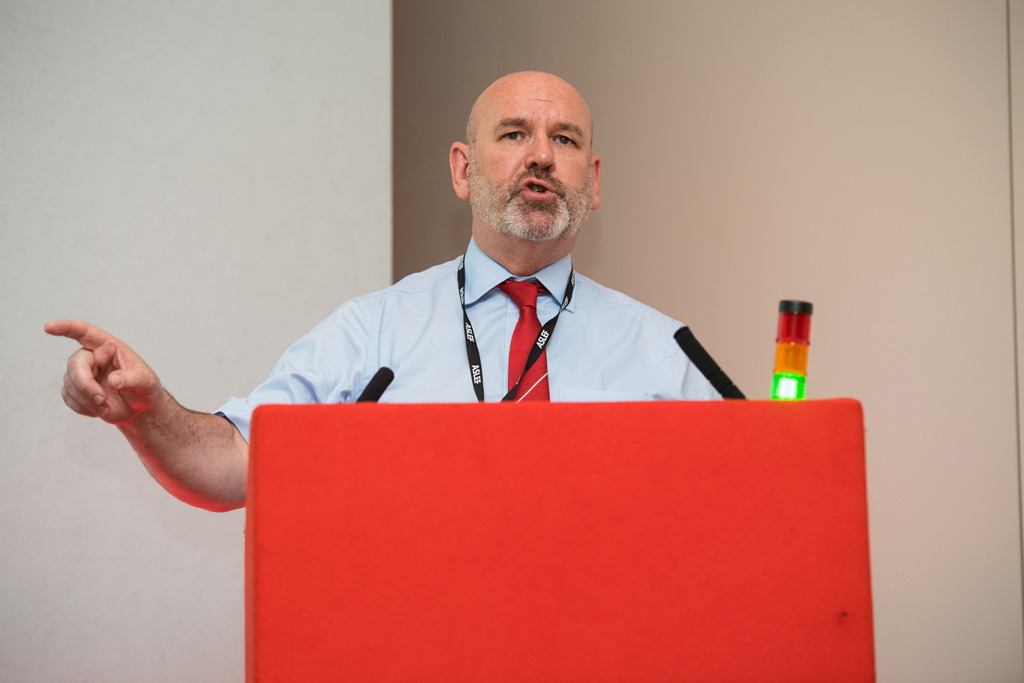The Carpathia isn’t coming to rescue this government still swimming in the mire, writes LINDA PENTZ GUNTER

 The plaque noting the site where Labour was founded in 1900
The plaque noting the site where Labour was founded in 1900
PEOPLE often ask me – especially during a general election campaign – why the Labour Party is so close to the trade union movement. Probably because most school history lessons are long on Kings and Queens of the Middle Ages and short on more recent social and industrial history. Although, when I say recent, I am talking about 120 years ago!
The answer to the question, though, is simple. It’s because the Labour Party was formed by the trade unions. I know my industrial and labour movement history and, even if I didn’t, I would be reminded because I pass a plaque to that fact every day.
Trade unions formed the Labour Representation Committee on February 27 1900 at a meeting in the Congregational Memorial Hall – it is often said that the Labour Party owes more to Methodism than Marxism! – in Farringdon, central London, a few hundred yards from the Aslef head office.
The Conservative Party represented the interests of the landed aristocracy; the Liberal Party the interests of the mill owners and industrialists who had made their money in the Victorian era; and the trade unions – struggling then, as now, for decent wages, terms and conditions for ordinary hard-working men and women – wanted, understandably, a political party to represent them.

Two-hundred years ago, on September 27 1825, the world’s first passenger railway line was opened between Stockton and Darlington. MICK WHELAN, general secretary of Aslef, the train drivers’ union, reflects on the history – and the future – of Britain’s railway industry

On the eve of the 157th Trades Union Congress, MICK WHELAN, general secretary of Aslef, the train drivers’ union, celebrates victory in his campaign to get dignity for drivers at work

As the labour movement meets to remember the Tolpuddle Martyrs, MICK WHELAN, general secretary of train drivers’ union Aslef, says it’s an appropriate moment to remind the Labour government to listen to the trade unions a little more











